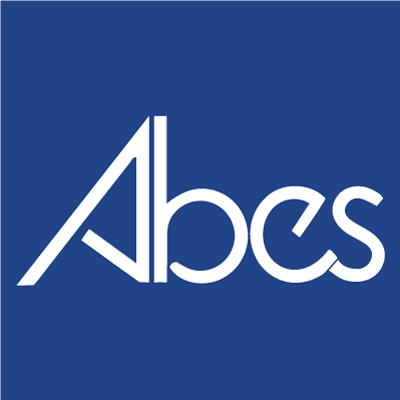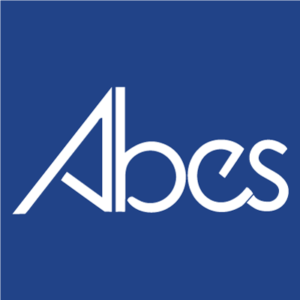In a competitive job market, having the right credentials is necessary for career advancement. For Albertans seeking practical, industry-aligned education, career colleges offer a compelling pathway. This guide delves into the credentials awarded by Alberta’s career colleges, their significance, and how they can propel your professional journey.
What Are the Career College Credentials?
Career colleges in Alberta provide specialized training programs that culminate in certificates or diplomas. These credentials are designed to equip students with the skills and knowledge required for specific occupations, ensuring they meet industry standards and employer expectations.
Types of Credentials:
- Certificates: Typically shorter programs focusing on foundational skills for entry-level positions. Programs can be 6 weeks to 1 year in duration.
- Diplomas: More comprehensive programs offering in-depth training and practical experience, often including practicum placements. Typically, these take two years.
Do Career Colleges Offer Degrees?
In Alberta, career colleges primarily offer diplomas and certificates, not degrees. Career colleges focus on delivering specialized, career-oriented training that prepares students for specific roles in the workforce, particularly in fields like healthcare, business, and technology. Diplomas and certificates from career colleges are industry-recognized credentials, but they differ from degrees in terms of duration and depth of study.
Importance of Accredited Credentials
Accreditation ensures that the education provided meets established quality standards. In Alberta, the Provincial Government oversees the licensing of these institutions, ensuring they comply with the Private Vocational Training Act and Regulation. Attending an accredited college means your credential is recognized by employers and professional associations.
Benefits of Career College Credentials
- Industry-Relevant Training: Programs are developed in consultation with industry experts to meet current market demands.
- Practical Experience: Many programs include practicum placements, providing hands-on experience in real-world settings.
- Flexible Learning Options: Career colleges often offer flexible schedules, including online and evening classes, catering to diverse student needs.
Choosing the Right Career College
When selecting a career college, consider the following:
- Accreditation Status: Ensure the college is licensed by Alberta Advanced Education.
- Program Offerings: Look for programs that align with your career goals and offer practical components like practicums.
- Graduate Success Rates: Research the college’s employment rates and alumni testimonials to gauge program effectiveness.
ABES College: Your Gateway to a Rewarding Career
At ABES College, we specialize in health care and social services training programs that lead to recognized certificates and diplomas. Our programs are designed to provide you with the skills and experience needed to excel in your chosen field.
Take the Next Step
Ready to advance your career with a credential that counts? Explore our programs and contact us to learn more about admissions today!


